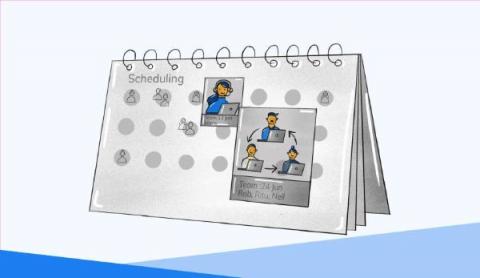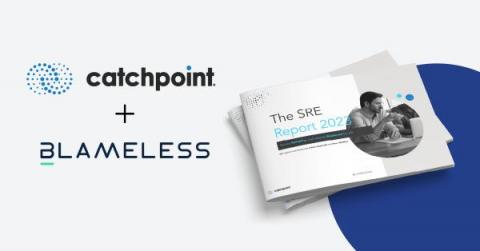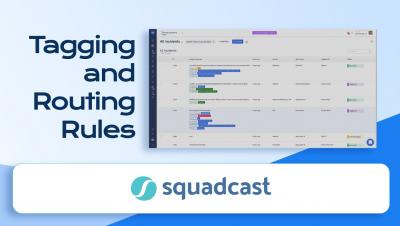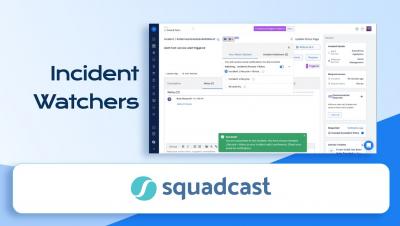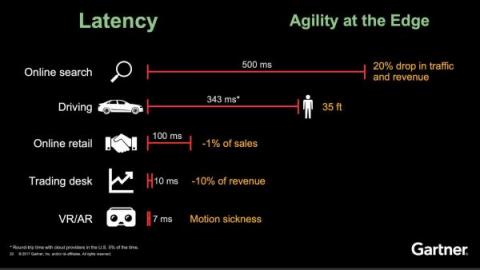Operations | Monitoring | ITSM | DevOps | Cloud
SRE
The latest News and Information on Service Reliability Engineering and related technologies.
SRE Report 2023: Findings From the Field - Toil
Toil. Few other words have the same visceral impact for SREs as their four-letter nemesis: toil. Although pretty much everyone recognizes and agrees that toil is bad, it is a term that is frequently misused in colloquial use. In common English usage, toil is defined as “long strenuous fatiguing labor”. As a term of art in the SRE profession, “toil” has several very specific characteristics which distinguish it from other sorts of work which people spend time on.
[SRE: From Theory to Practice] What's difficult about problem detection?
[SRE: From Theory to Practice] What's difficult about incident command?
Using Tagging and Routing Rules in Squadcast I Incident Classification I Event Tagging I Squadcast
Adding Incident Watchers in Squadcast | Incident Notifications and Updates | Squadcast
SRE Vs. DevOps: A Simple Breakdown Of The Differences
SRE Principles for Edge Management and Improving Resiliency Using the Best of Kubernetes
This post was co-written by Kirti Apte and Gabry (Maria Gabriella) Brodi. Over the last couple of years, customers have been adopting Kubernetes and microservice-based application deployment models for various technology and business reasons. In fact, there is a trend that customers are now looking to the next set of use cases that include applications across multiple clouds, as well as edge clouds.


